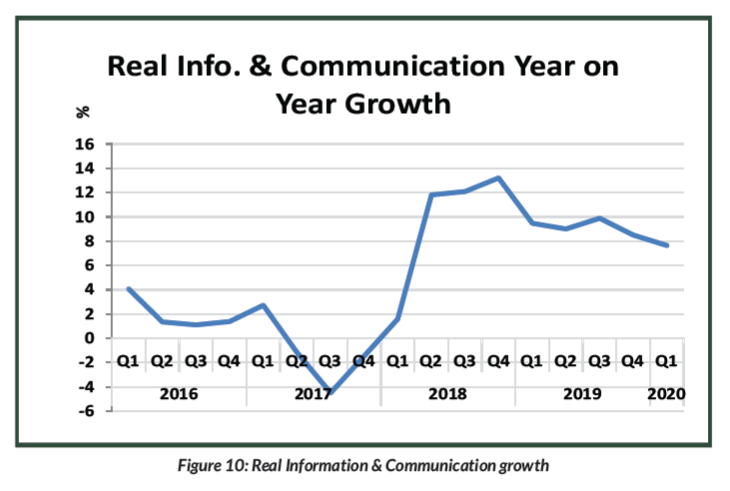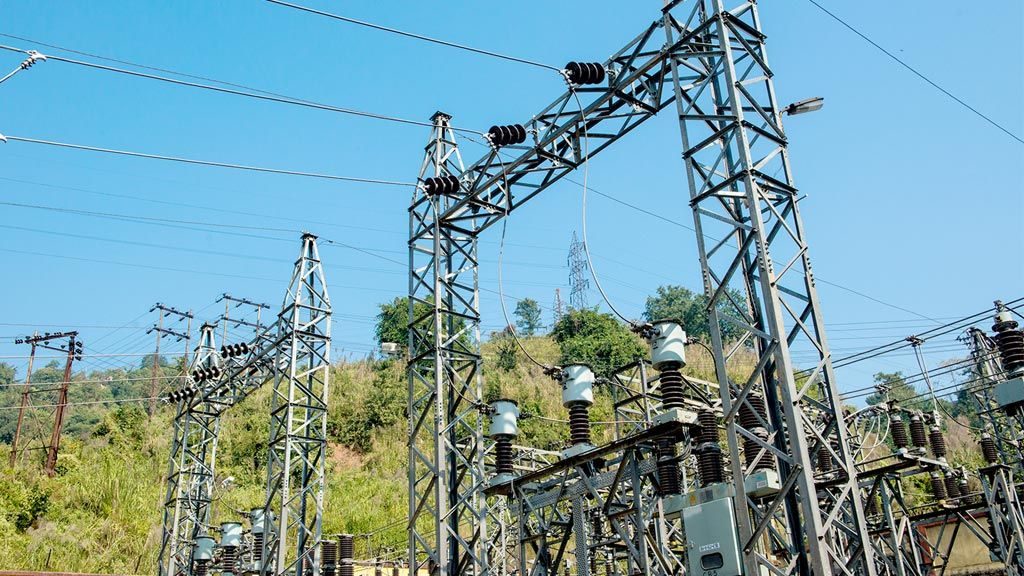Millions of Nigerians run the risk of losing their jobs this year following the Economic Sustainability Committee (ESC) report that predicts a monthly loss of about N185 billion in oil revenue.
The committee which was chaired by Vice President Yemi Osinbajo projected that unemployment may rise 33.6% to about 39.4 million by December. This is due to the harsh economic impact the loss of oil revenue will have on the country.


Nigeria’s oil dependence
Following the oil boom of the 1970s with the OPEC crisis and the subsequent Iran-Iraq war of the 1980’s, price of crude oil rose from about $3 per barrel to $35 in 1981.
This boom sparked the federal government’s policy to depend on oil resources as a source of foreign exchange earnings. However, the country soon felt the severe consequences of the decision. The oil crash in 1986, which crashed stocks and caused massive unemployment soon revealed that dependence on oil made the economy highly susceptible to oil price volatility.


Since then the country’s economy has continued to hang on the rope of rising and falling prices. From the oil crash in 2014 to that of 2015 and 2018, the Nigerian government keeps finding itself in a struggle to save the economy.
The current pandemic is no different, the huge drop in the price of crude oil has had several analysts screaming about an impending recession. The president, in response, instituted the Osinbajo-led Economic Sustainability Committee (ESC) to come up with an economic sustainability plan.
The committees’ discovery like the previous times of oil crash, revealed a looming disaster. In the report tagged “Bouncing Back: The Nigerian Economic Sustainability Plan,”, the vice president broke the sad news that even if the price of crude oil in the international market stabilised at $30 per barrel throughout the year, Nigeria would still lose billions monthly.


He added that millions will become poor with a possibility that the country’s GDP could fall to as low as – 8.91%.
“Millions of Nigerians will slide into extreme poverty by the time the COVID-19 pandemic ends while the gross domestic product (GDP) rate may fall to as low as -4.40% and -8.91%, depending on the duration of the lockdown as well as the strength of the country’s economic response.”
Tech could save Nigeria
The looming crisis caused by the oil crash shows once again that Nigeria needs alternatives to oil as its sources of foreign earnings. Technology could be that salvation.
Over the last few years, the contribution of ICT to the countries GDP has increased steadily with the sector contributing more than 13% in 2019. Over the last two-quarters, ICT has even contributed more to the GDP than Oil.


In Q4 2019, the sector contributed N2.57 trillion, about 13.12% of the real GDP of the country. This is significantly higher than 7.32% the oil sector contributed in the same quarter.
Similarly, in the first quarter of 2020, the ICT sector contributed a higher margin to the GDP when compared to crude oil, the country’s pride industry. The ICT sector contributed N1.28 trillion about 14.07% while oil sector contributed just 9.50%.
This high growth shows that technology could generate more revenue than oil with the right kind of system in place. Below are some factors that need to be addressed.
Infrastructure
Investing in infrastructure will drive economic growth, provide jobs, and deliver fundamental resources that help businesses thrive in the country. Infrastructure like power and increased broadband is a major requirement if the tech sector is to expand in Nigeria.


Given the current realities and cash shortage of the Nigerian government, developing infrastructure will require significant private sector funding, strong collaborations between government and the private sector.
With good infrastructure spreadout, tech entreprenuers that are congested in Lagos will be tempted to move or expand to new markets across the country.
Ready infrastructure translates to opportunities for startups and investors. This in the long term will benefit and economic returns on investments to the country.
Loans & Grants
For tech startups to grow and expand they need funding. The federal government needs to take the front seat in investing in the tech space. With the government leading the way, more local and foreign investors will be inclined to invest in the sector.
This is essentially important with technology expanding into other sectors of the Nigerian market. The rise of Agrotech, Wealth tech among other solution could sprout growth but they need the support of the government for its effect to be felt across the board in Nigeria.
In conclusion, the fastest way to create jobs for the unemployed is to save the Nigerian economy and a feasible way to do that is the government abandoning its blind reliance on oil and focus on the growth of sectors like tech and agriculture.






